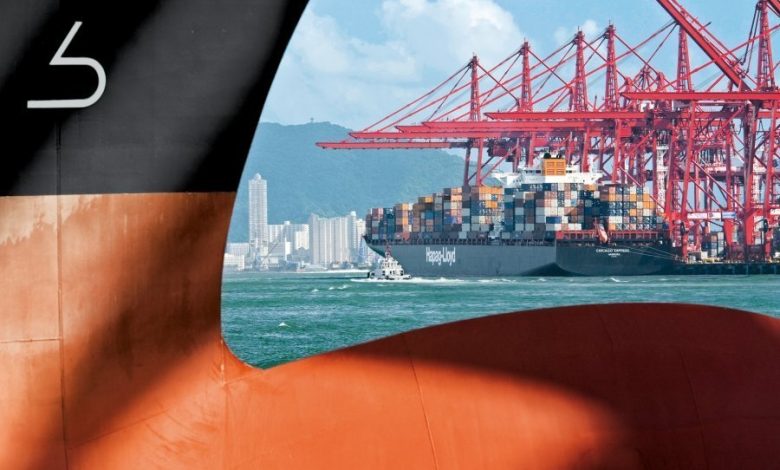Nestlé fixes alternative fuel contracts with Maersk, CMA CGM and Hapag-Lloyd

Nestlé, the world’s largest food and beverage company, has teamed with Maersk, CMA CGM and Hapag-Lloyd to move the equivalent of half of its global shipping needs to alternative fuels with immediate effect.
By switching to cargo ships that use fuels made from waste, such as used cooking oil, the company aims to reduce its annual greenhouse gas emissions from shipping by around 200,000 metric tons of CO2 equivalent.
“Reaching net zero requires changing many aspects of how we source, make, and distribute our products,” said Stephanie Hart, executive vice president and head of operations at Nestlé. “The agreements we’ve signed with our shipping partners will help us cut emissions and immediately reduce our carbon footprint. We know this is an interim solution and continue to encourage the development of longer-term decarbonisation solutions in shipping and distribution.”
Christine Cabau, executive vice president at CMA CGM, said: “We are very proud and happy to have set this agreement with Nestlé, one of the first of its kind, whereby shippers and beneficial cargo owners commit to decarbonise the globality of the scope 3 shipping emissions. This initiative proves that there are some existing solutions to decarbonise scope 3 of BCOs.”
